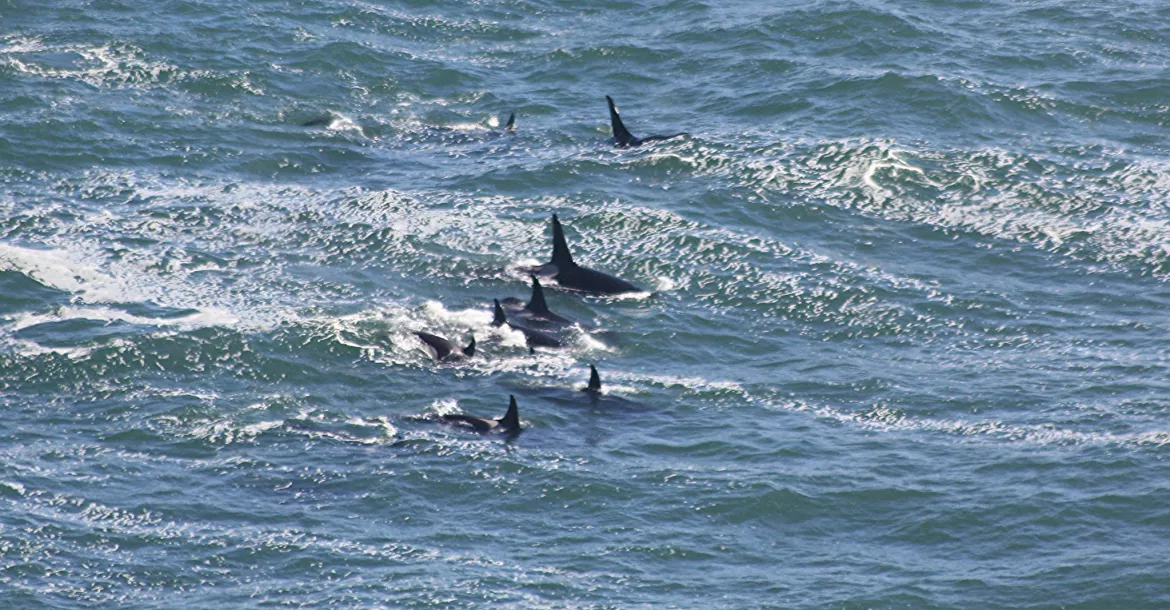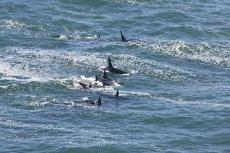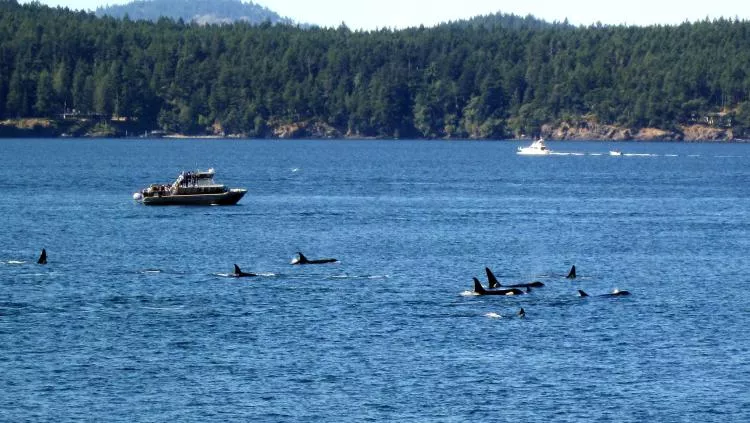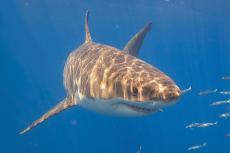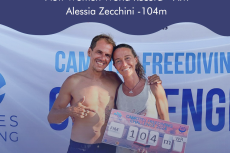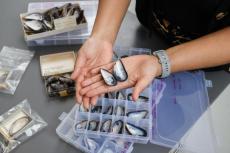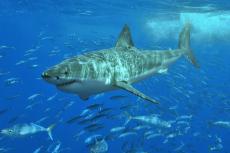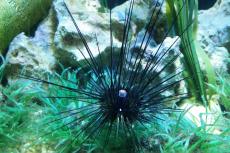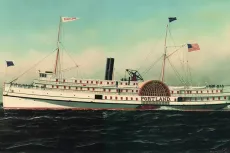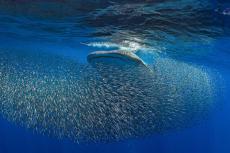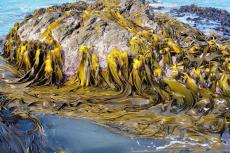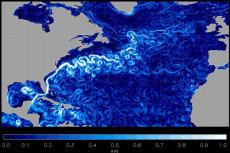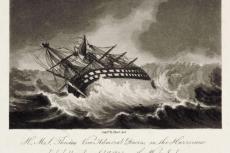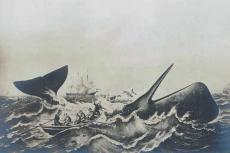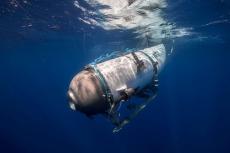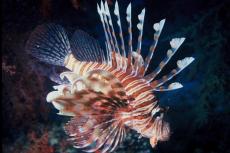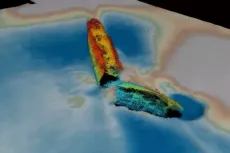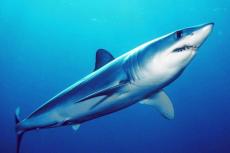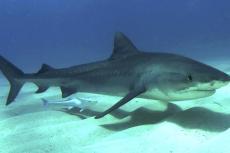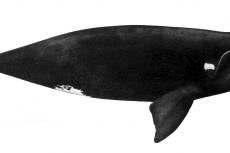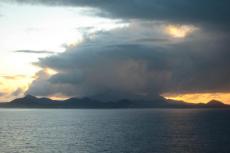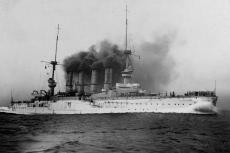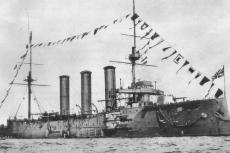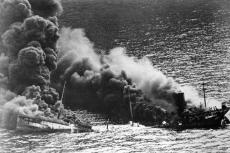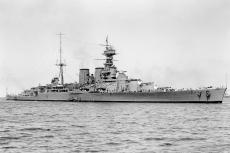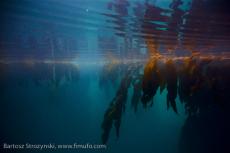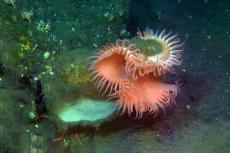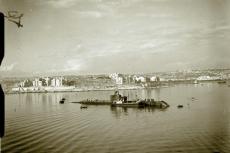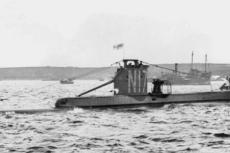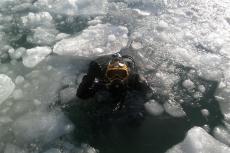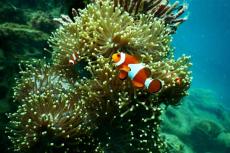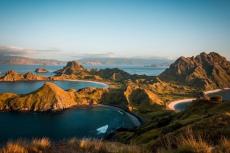Why have orcas begun attacking boats?
This year, orcas off the coast of Spain and Portugal have seriously damaged leisure vessels and even sunk three boats and appear to be teaching others to do the same. But why?
The photo on top: "A pod of Orcas off Point Reyes" by Gunn Shots ! is licensed under CC BY 2.0.
So far this year, dozens of orca attacks on vessels have been recorded on Spanish and Portuguese coasts. In most reported cases, orcas are biting, bending and breaking off the rudders of sailboats.
In one instance reported by Reuters, orcas smashed into a sailboat off the southern coast of Spain, puncturing its hull and damaging the rudder. Spanish authorities raced to save the sinking vessel, but it was in such disrepair it had to be towed ashore.
According to the research group GTOA, which tracks populations of the Iberian orca sub-species, the incident follows at least 20 interactions this month alone in the Strait of Gibraltar where the attacks seem to be concentrated and where the orcas congregate in the spring and summer.
According to research published in the journal Marine Mammal Science in June 2022, reports of violent interactions with orcas off the Iberian coast began in May 2020 and are becoming increasingly common.
Normally, orcas aren’t considered dangerous to humans, so why are they now behaving like this?
Theories
Scientists do not have enough information to know the real reason behind the attacks yet, but two leading theories have emerged.
The first theory speculates that some expression of normal behaviour has taken a twist such as either being simply playful or that the orcas, for some reason, have begun using the boats to teach their young how to hunt. Smaller orcas have been seen imitating the adult ones, so teaching and passing on skills to the younger ones undoubtedly plays a role.
The other theory is that some traumatic event, such as being injured by fishing vessels or gear, or a collision with a boat, may have triggered a change in the behaviour of one orca, which the rest of the population has learned to imitate. The popular press has even described it as "revenge".
The orcas are doing this on purpose, of course, we don't know the origin or the motivation, but defensive behaviour based on trauma, as the origin of all this, gains more strength for us every day.
Alfredo López Fernandez, University of Aveiro
With only 39 orcas counted in 2011, the Iberian orca subpopulation is considered critically endangered by the International Union for Conservation of Nature. If this situation continues or intensifies, it could become a real concern for the mariners' safety and a conservation issue for this endangered subpopulation of orcas.

